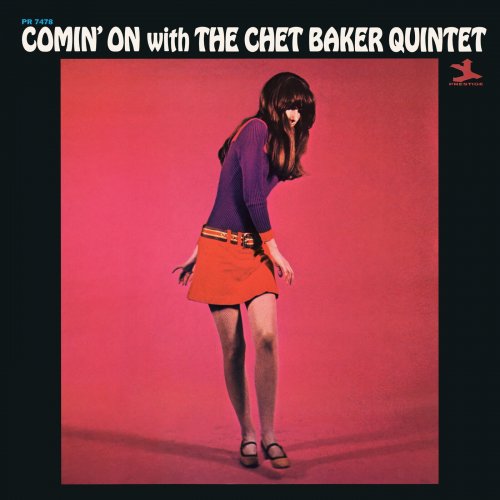Bruno Weil & Cappella Coloniensis - J. Chr. Bach: Endimione (1999)
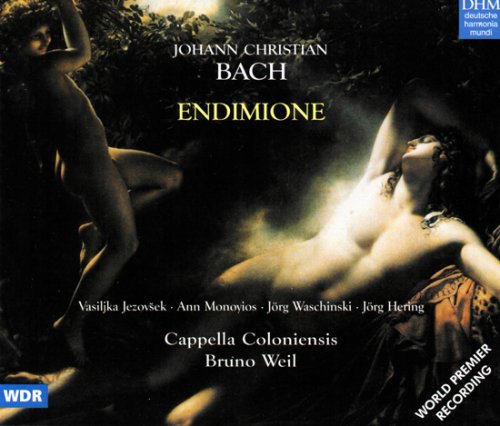
Artist: Bruno Weil, Cappella Coloniensis
Title: J. Chr. Bach: Endimione
Year Of Release: 1999
Label: Deutsche Harmonia Mundi
Genre: Classical
Quality: FLAC (image + .cue, log, scans)
Total Time: 01:46:00
Total Size: 522 MB
WebSite: Album Preview
Tracklist:Title: J. Chr. Bach: Endimione
Year Of Release: 1999
Label: Deutsche Harmonia Mundi
Genre: Classical
Quality: FLAC (image + .cue, log, scans)
Total Time: 01:46:00
Total Size: 522 MB
WebSite: Album Preview
CD 1
01. Parte Prima: Sinfonia
02. Recitativo (Diana): Nice, Nice Che Fai?
03. No.1 Aria (Nice): Non Temer, O Dea Felice
04. Recitativo (Amore): Bella Diva Di Cinto
05. No.2 Aria (Diana) Semplicetto, Ancor Non Sai
06. No.3 Recitativo (Nice): Care Selve Romite
07. No.3b Coro: Dea De'boschi
08. Recitativo (Endimione): Leggiadra Nice!
09. No.4 Aria (Endimione): Dimmi, Che Vaga Sei
10. Recitativo (Nice): Dunque Tanto Abborrisce
11. No.5 Aria (Amore): Quell'alma Severa
12. No.6a Recitativo (Endimione): Lode Al Ciel
13. No.6b Cavatina (Endiminoe): Grato Sonno
14. Recitativo (Amore): Di Queste Antiche Piante
15. No.7 Duetto (Endimione/Diana): Non So Dir Se Sono
CD 2
01. Parte Seconda: No.8 Cavatina (Diana): Or Al Prato
02. Recitativo (Diana): Oh Quanta Maraviglia
03. No.9 Aira (Amore): Se S'accende In Fiamme Ardenti
04. No.10 Coro: Se Fra Queste Amene Selve
05. Recitativo (Diana): Nice, Amante Tu Sei
06. No.11a Recitativo (Diana): O Dei! Qual Freddo
07. No.11b Aria (Diana): Se Tiranni, Oh Dei
08. Recitativo (Nice): Nice, Tu Sei Sasso
09. No.12 Aria (Nice): O Fa Che M'ami
10. Recitativo (Diana): Dunque Alceste Menti?
11. No.13 Aria (Endimione): Vado Per Un Momento
12. Revitativo (Diana): Ha Vinto Amor!
13. No.14 Coro Ultimo: Viva Amor, Che Dolce E Lento
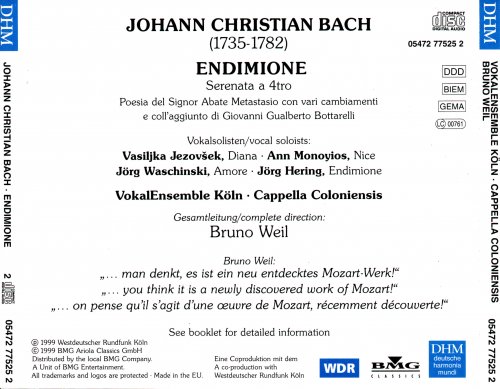
Bruno Weil is among the more important German conductors of his generation. He has been most closely associated with the symphonies of Haydn, as well as with opera and choral works from the late 18th and early 19th centuries. He has made numerous recordings for Sony Classics and BMG conducting the Vienna Symphony Orchestra and two period-instrument ensembles, the Canadian group Tafelmusik and the Orchestra of the Age of Enlightenment. His repertory includes Gluck, Mozart, Beethoven, Weber, Wagner, and a spate of others, but Weil has shown little interest in 20th century or contemporary music.
Weil was born in the village of Hahnstaetten, Germany, on November 24, 1949. He was a student of Hans Swarowsky (1972-1974) and Franco Ferrara (1975) and managed to win prizes in several important conducting competitions in his early twenties. After serving a short stint in the mid-'70s as kapellmeister at the Wiesbaden Opera House, he worked in the same capacity at the Brunswick Opera House from 1977 to 1981. In that latter year he was named general music director for the city of Augsburg.
Perhaps the event that elevated Weil to international notice was his replacement of Herbert von Karajan at the 1988 Salzburg Festival, where he led an acclaimed performance of Mozart's Don Giovanni. The following year he left his Augsburg post, and soon turned out his first recordings for Sony Classics: Mozart: Overtures, Schubert Symphonies 5 & 6, and, most importantly, Mozart's Don Giovanni were all released in 1991, generally to critical praise. He debuted at the 1992 Glyndebourne Festival with Mozart's Cosi fan tutte.
In 1994 Weil was appointed general music director for the city of Duisburg. He also began making regular guest-conducting appearances with some of the world's leading orchestras, including those in Boston, Los Angeles, Berlin, Dresden, Tokyo, and Sydney. In 2000 he led a critically acclaimed production of Mozart's Magic Flute at the Salzburg Mozartwoche. The following year he took on a professorship at the Munich State Academy for Music and Theater. Weil resigned his Duisberg post in 2002 but remained busy guest-conducting (he debuted in San Francisco and Indianapolis in the 2003-2004 season) and in the recording studio. Among his later recordings are a pair of 2005 releases, Beethoven Symphonies Nos. 5 & 6 (Analekta), and Wagner's The Flying Dutchman (RCA), with Cappella Coloniensis, a period-instrument ensemble he has led since 1997. He has also taught conducting at the State Academy of Music for Theater in Munich.
Weil was born in the village of Hahnstaetten, Germany, on November 24, 1949. He was a student of Hans Swarowsky (1972-1974) and Franco Ferrara (1975) and managed to win prizes in several important conducting competitions in his early twenties. After serving a short stint in the mid-'70s as kapellmeister at the Wiesbaden Opera House, he worked in the same capacity at the Brunswick Opera House from 1977 to 1981. In that latter year he was named general music director for the city of Augsburg.
Perhaps the event that elevated Weil to international notice was his replacement of Herbert von Karajan at the 1988 Salzburg Festival, where he led an acclaimed performance of Mozart's Don Giovanni. The following year he left his Augsburg post, and soon turned out his first recordings for Sony Classics: Mozart: Overtures, Schubert Symphonies 5 & 6, and, most importantly, Mozart's Don Giovanni were all released in 1991, generally to critical praise. He debuted at the 1992 Glyndebourne Festival with Mozart's Cosi fan tutte.
In 1994 Weil was appointed general music director for the city of Duisburg. He also began making regular guest-conducting appearances with some of the world's leading orchestras, including those in Boston, Los Angeles, Berlin, Dresden, Tokyo, and Sydney. In 2000 he led a critically acclaimed production of Mozart's Magic Flute at the Salzburg Mozartwoche. The following year he took on a professorship at the Munich State Academy for Music and Theater. Weil resigned his Duisberg post in 2002 but remained busy guest-conducting (he debuted in San Francisco and Indianapolis in the 2003-2004 season) and in the recording studio. Among his later recordings are a pair of 2005 releases, Beethoven Symphonies Nos. 5 & 6 (Analekta), and Wagner's The Flying Dutchman (RCA), with Cappella Coloniensis, a period-instrument ensemble he has led since 1997. He has also taught conducting at the State Academy of Music for Theater in Munich.
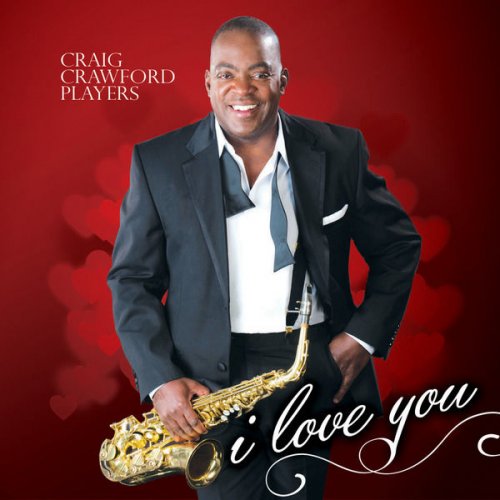

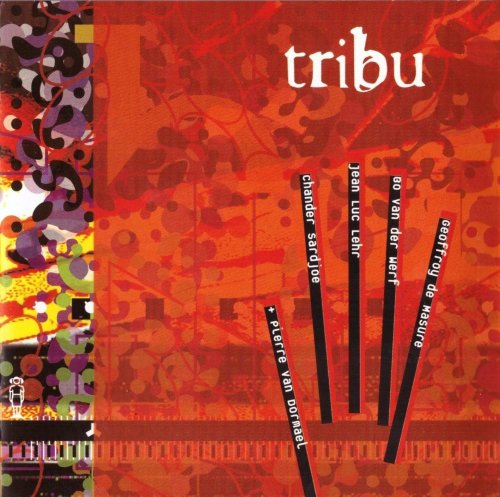
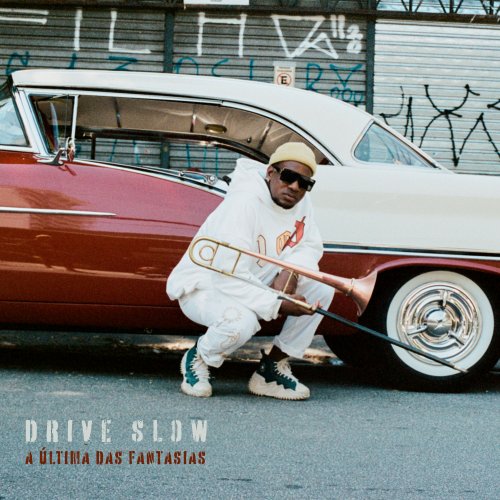
![Dave Liebman, Billy Hart & Adam Rudolph - Beingness (2026) [Hi-Res] Dave Liebman, Billy Hart & Adam Rudolph - Beingness (2026) [Hi-Res]](https://www.dibpic.com/uploads/posts/2026-02/1770210118_oyk954khn2fqv_600.jpg)
![Keyvan Chemirani - Tales of Nar (2026) [Hi-Res] Keyvan Chemirani - Tales of Nar (2026) [Hi-Res]](https://img.israbox.com/img/2026-02/05/2f0crjk19rw3dp7xd5h38ofxr.jpg)
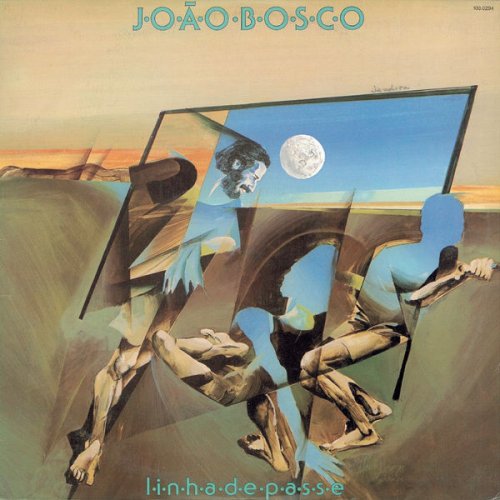
![Richie Beirach - Jazz Adagio (2015) [Hi-Res] Richie Beirach - Jazz Adagio (2015) [Hi-Res]](https://www.dibpic.com/uploads/posts/2026-02/1770282211_rbja500.jpg)
